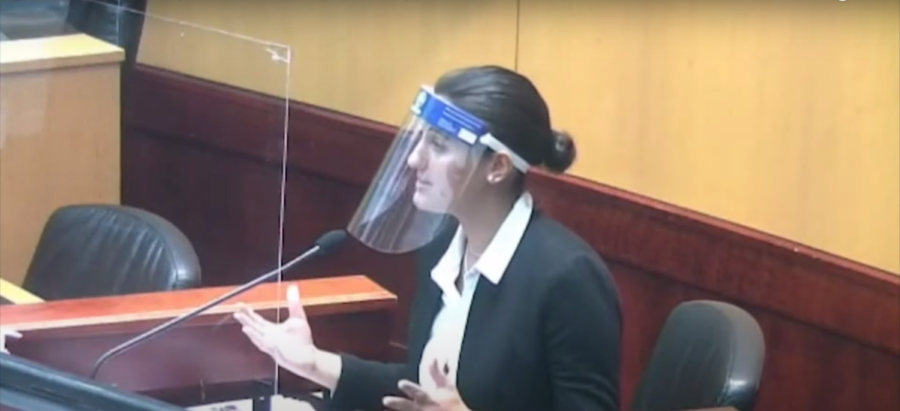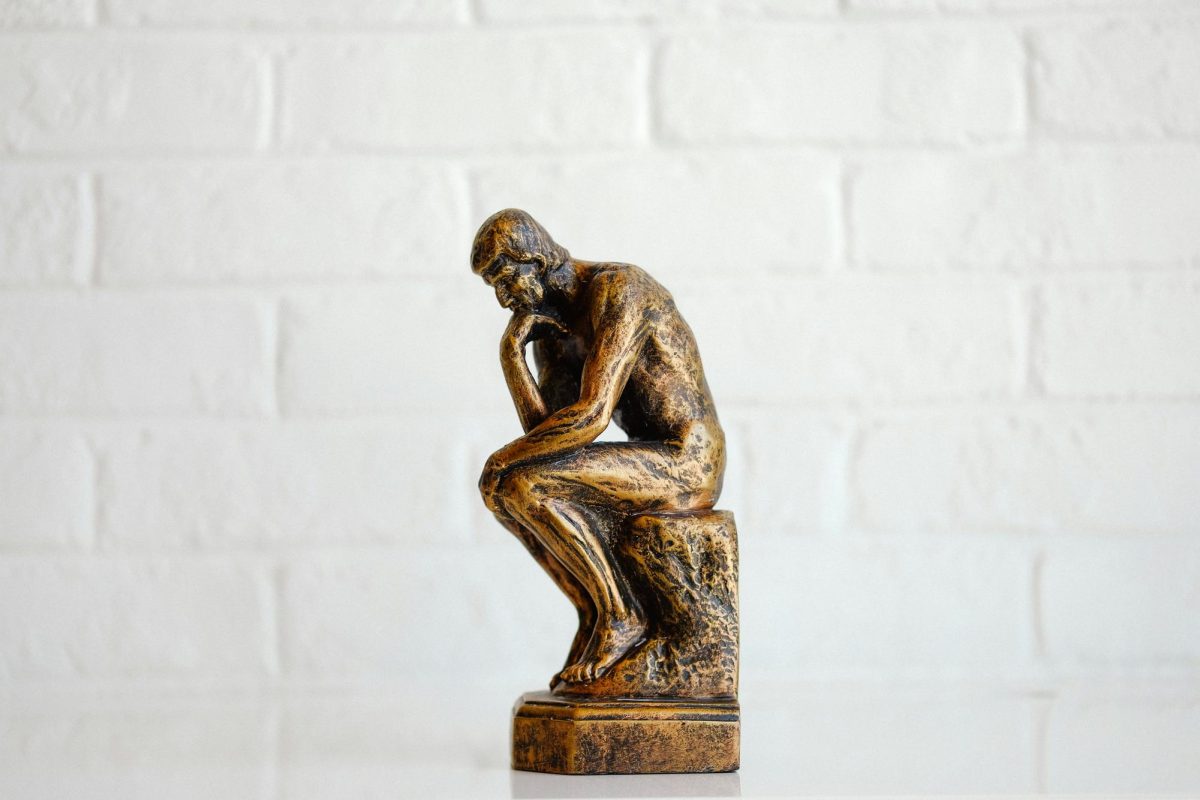Editorial: How Polk County threatened freedom of the press
The ISD Editorial Board argues the arrest and trial of Des Moines Register reporter Andrea Sahouri sets a harmful precedent that will impact freedom of the press in the future.
March 17, 2021
What kind of country arrests its journalists? Think hard. Spare your judgment. Last week, not even 50 miles from Iowa State University’s campus, Polk County put a reporter on trial.
The First Amendment to the Constitution is short. In fact, it is so short it can be easily printed within the confines of an editorial.
“Congress shall make no law respecting an establishment of religion or prohibiting the free exercise thereof; or abridging the freedom of speech, or of the press; or the right of the people peaceably to assemble, and to petition the Government for a redress of grievances.”
On May 31, during protests over George Floyd’s death, the Des Moines Police Department violated the freedom of the press with the arrest of Andrea Sahouri.
According to Polk County Attorney John Sarcone, an order was given out to protestors by the police department to disperse and return home within earshot of Sahouri. Sahouri said she was pepper sprayed despite identifying herself as a member of the press and continued to inform the police of her occupation while she was arrested. Police body camera footage confirms Sahouri’s account.
The criminal charges against Sahouri put the freedom of the press on trial and is a blatant disregard for the democratic ideals of our nation.
Democracy can only function with an informed electorate; people need to have access to stories regarding the major issues that impact their society. Journalists work to inform the public on these issues.
In this instance, Sahouri was doing her job in documenting the public outcry over police brutality and the killing of George Floyd. In cold response, she was arrested for it.
There is no escaping the eerie undertone that lies beneath this story. A journalist covered protests sparked by law enforcement overreach, and, is in turn, apprehended by her own local police.
The freedom of the press does not provide journalists with unlimited exemption for their presence at protests; however, charges against journalists are typically dropped by prosecutors.
This mutual, often informal agreement is harmonic. Law enforcement and journalism, when done well, improve our society. One profession seeks to make our lives safer; the other keeps us informed.
The schism in this harmony sends a rift in the notion of the free press. There is now a precedent that the documentation of civil unrest for the benefit of the public can lead to a day in court.
Unfortunately, this arrest is not an isolated incident. A drastic spike in press detainments occurred in 2020. The U.S. Press Freedom Tracker reported 130 arrests occurred last year. Fourteen still await trial. In the previous year, law enforcement only arrested nine journalists.
For Sahouri, this story has a just conclusion. On March 10, she was found not guilty by a jury of her peers. Still, the fear of detainment and the complex navigation of a trial are cumbersome. The fear of having to face them can deter journalists from covering dangerous stories.
The trial of Sahouri and other journalists in similar situations are mistakes. These errors in the system create damage to the free press, and ergo our democracy. For now, we can hope the increase of journalists in arrests in 2020 is an unrepeated anomaly and that the 14 awaiting trial do not face consequences for simply reporting to the American public.







